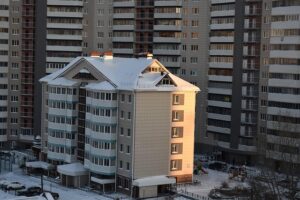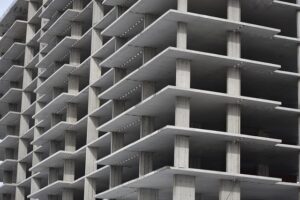Maximizing Returns: A Guide to Singapore’s Executive Condos Investment Potential
Executive Condos (ECs) in Singapore represent a significant investment opportunity for both homeowners and investors due to their mid-market price point. The average price of ECs has been on an upward trajectory, reflecting strong market demand. This trend is…….
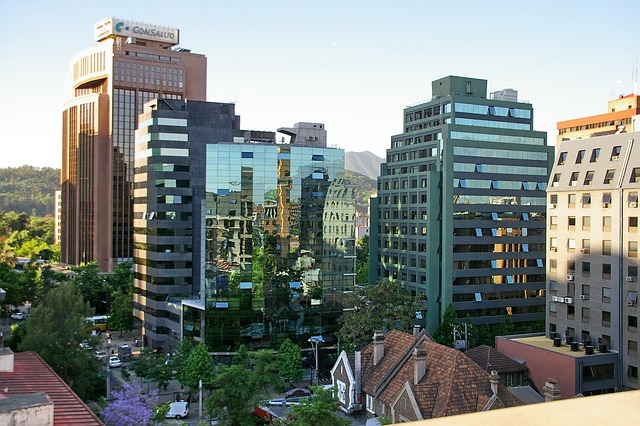
Executive Condos (ECs) in Singapore represent a significant investment opportunity for both homeowners and investors due to their mid-market price point. The average price of ECs has been on an upward trajectory, reflecting strong market demand. This trend is likely to continue as these condos cater to a diverse demographic, including first-time buyers and upgraders with at least one NSF member in the family. Investors can benefit from the shorter Minimum Occupation Period (MOP) compared to private properties, potentially realizing gains more swiftly. The HDB's Fixed Rate Scheme (FIRS) offers financial stability through fixed interest rates for EC purchases, which complements their growth potential. En bloc sales continue to reshape the EC landscape, with new developments arising from redevelopment, further influencing the average price of ECs in Singapore. With a focus on accessible and modern living spaces in strategic locations, the demand for ECs is poised to remain strong, making them a compelling investment within Singapore's dynamic property market.
Exploring the real estate landscape of Singapore, Executive Condominiums (ECs) have emerged as a distinctive housing option with significant investment potential. This article delves into the multifaceted nature of ECs, from their definition and evolution to the latest trends in pricing and policy influence. By examining historical data on the Average Price Of Ec In Singapore and pinpointing top-performing locations, we aim to shed light on where and why investors might find these properties particularly lucrative. Additionally, we compare ECs against other housing types, uncovering their unique advantages for young professionals seeking a live-work equilibrium. With insights into financing through the Fixed Rate Scheme (FIRS) and the impact of en bloc sales, this comprehensive guide positions you to make informed decisions in Singapore’s dynamic property market.
- Understanding Executive Condos (ECs) in Singapore
- The Evolution of EC Policies and Their Impact on Investment
- Analyzing the Average Price of ECs in Singapore: Current Trends and Historical Data
- Top Locations for Executive Condos with High Investment Potential
- The Lure of Live-Work Balance: How ECs Cater to Young Professionals
- Comparing ECs to Other Housing Types: Pros and Cons for Investors
- Financing Your Executive Condo: Understanding the Fixed Rate Scheme (FIRS)
- The Role of En Bloc Sales in Shaping the EC Market
- Future Outlook for Executive Condos in Singapore's Real Estate Landscape
Understanding Executive Condos (ECs) in Singapore
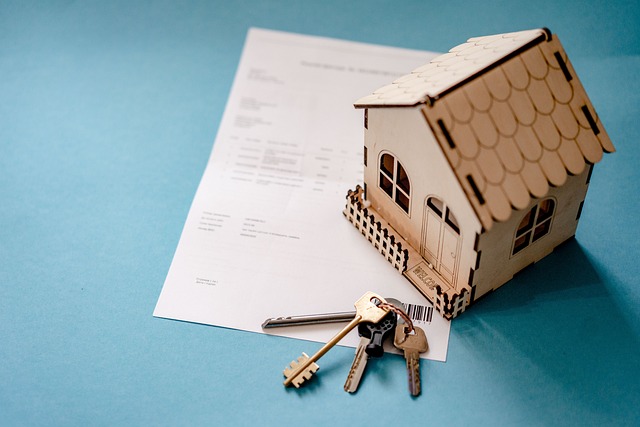
Executive Condos (ECs) in Singapore represent a unique segment within the public-private housing spectrum, catering to middle-income families and singles. These are primarily 99-year leasehold apartments developed by private developers in close proximity to Housing & Development Board (HDB) estates. Prospective buyers must meet certain income criteria and are required to obtain a mortgage from financial institutions. The average price of an EC in Singapore has seen fluctuations, influenced by factors such as economic conditions, population growth, and government policies aimed at balancing the property market. As of recent years, the prices have been on an uptrend, reflecting the desirability of these homes due to their attractive pricing relative to other private residential properties, and the benefits they offer, including facilities akin to those in private condominiums. For investors, understanding the average price is crucial as it sets the benchmark for potential returns. Factors such as location, nearby amenities, the track record of the developer, and the overall market sentiment play significant roles in determining the investment potential of an EC. Prospective investors should conduct thorough research and consider how these factors might influence both current and future prices. Keeping abreast of the trends and announcements related to the government’s housing policies is also pivotal for making informed investment decisions in the Executive Condo market within Singapore.
The Evolution of EC Policies and Their Impact on Investment

The evolution of Executive Condominium (EC) policies in Singapore has significantly shaped the investment landscape for both first-time homeowners and property investors. Initially introduced as a hybrid housing option for couples with at least one child or married soldiers, ECs have since become an integral part of Singapore’s housing market. Over the years, the qualifying criteria and rules have been adjusted to adapt to demographic shifts and economic changes. For instance, the eligibility age was raised from 21 to 35, allowing a broader segment of the population to apply for an EC. These policy adjustments have directly influenced the average price of ECs in Singapore, with prices fluctuating in response to supply and demand dynamics informed by these policy changes.
Investors keen on the property market have taken note of the trends in EC policies, as they offer a unique value proposition. The transition from a public to a more private housing status after five years has made ECs attractive to both upgraders and investors. With the average price of ECs in Singapore reflecting this transition and the associated potential for capital appreciation, the government’s approach to EC policies continues to impact investment strategies. The introduction of additional cooling measures or the relaxation of certain rules can lead to shifts in market sentiment, influencing purchase decisions and long-term investment potential. As such, staying abreast of these policy evolutions is crucial for anyone looking to make informed investments in the EC segment of Singapore’s property market.
Analyzing the Average Price of ECs in Singapore: Current Trends and Historical Data
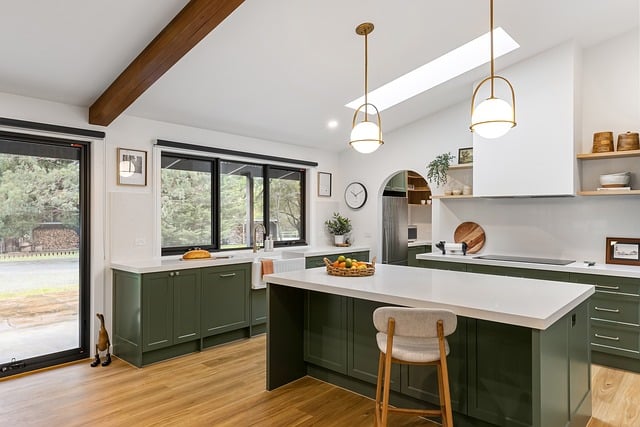
Investors keen on the Executive Condominium (EC) market in Singapore often scrutinize the average price trends to gauge potential investment returns. The average price of ECs has been a reflection of both market dynamics and policy changes introduced by the Singapore government. Historical data from past years indicates that prices have fluctuated, influenced by factors such as the availability of units, consumer demand, and economic conditions. For instance, the introduction of a deferment scheme for first-time buyers in 2018 led to an uptick in EC purchases, which in turn affected pricing.
More recently, the average price of ECs in Singapore has been on an upward trajectory, partly due to limited supply and growing demand from both upgraders and investors. The pandemic years saw a softening of prices, but with recovery, prices have rebounded, outpacing the overall private residential market in some instances. Prospective investors should consider the average price of ECs within specific regions, such as Sengkang or Tampines, where new projects and the introduction of infrastructure like the Cross Island Line are expected to boost desirability and values. Keeping a close eye on these trends and understanding the historical context is crucial for anyone looking to invest in ECs, as it provides insights into how market conditions might influence future prices.
Top Locations for Executive Condos with High Investment Potential

Within the vibrant cityscape of Singapore, Executive Condos (ECs) have emerged as a lucrative investment opportunity for both locals and foreigners. The average price of ECs in Singapore has been on an upward trajectory, reflecting their growing popularity and the confidence investors have in the property market here. Among the top locations for these high-potential investments are mature estates such as Sengkang and Tampines, where ECs provide a middle ground between public and private housing. These areas offer a blend of convenience and affordability, catering to young families and professionals alike. In recent years, the introduction of new projects in established neighborhoods like Punggol and Woodlands has also attracted significant attention, partly due to their strategic location, robust infrastructure, and future amenities that promise to enhance living standards. Investors eyeing these regions should consider factors such as connectivity, proximity to educational institutions, and the presence of commercial hubs when assessing the investment potential of ECs in these locales. The government’s efforts to improve these areas through various master plans also underscore their commitment to sustainable development, further solidifying their status as prime locations for EC investments. As such, investors looking at the average price of ECs in Singapore should consider how these properties align with the evolving landscape of these top-tier locations to maximize their investment returns.
The Lure of Live-Work Balance: How ECs Cater to Young Professionals
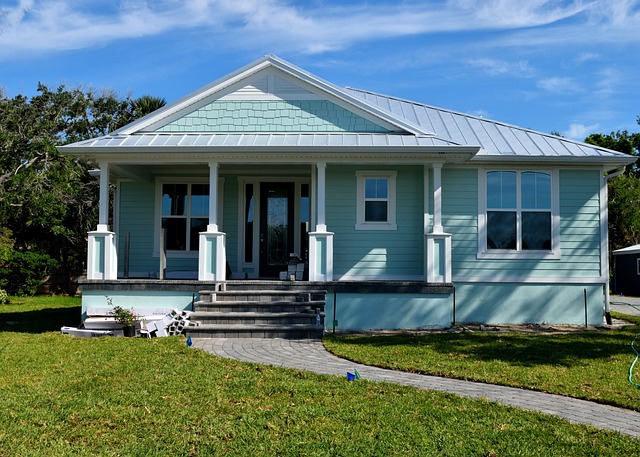
Comparing ECs to Other Housing Types: Pros and Cons for Investors

When evaluating Executive Condos (ECs) as an investment, it’s crucial to compare them with other housing types in Singapore to understand their market position and potential for returns. ECs, designed for couples or families where at least one applicant is a serving National Serviceman (NSF), offer a unique blend of public and private housing features. Compared to both HDB flats and private condominiums, ECs present distinct advantages and limitations for investors.
One of the most compelling pros of investing in an EC is its average price point. The Average Price Of Ec In Singapore typically falls between that of a HDB flat and a private condo, making it accessible to a broader range of buyers. This middle ground positions ECs favorably for capital appreciation over the long term, as they cater to a segment of the market that is not fully served by either public or private housing alone. Moreover, ECs come with a shorter minimum occupation period (MOP) of five years compared to the ten-year MOP for HDB flats, allowing investors to monetize their investment sooner if they choose to sell.
However, potential investors should also be aware of the cons when comparing ECs to other housing types. For instance, the resale value of an EC is subject to the market conditions and the maturity of the estate, which can affect its liquidity. Additionally, while ECs enjoy certain subsidies and benefits, they are not eligible for grants during resale like HDB flats, which could impact their affordability for second-time buyers. Investors should also consider the potential for higher maintenance fees in ECs compared to HDB flats, as well as the fact that their rental yields might differ from both HDB and private condominiums.
In conclusion, Executive Condos offer a competitive investment option with a balance of affordability, benefits, and growth potential. However, investors must weigh these against the unique pros and cons when compared to other housing types in Singapore’s dynamic property market. The decision to invest in an EC should be informed by a thorough understanding of the market trends, personal financial goals, and the long-term implications for resale and capital appreciation.
Financing Your Executive Condo: Understanding the Fixed Rate Scheme (FIRS)

Navigating the real estate landscape in Singapore, Executive Condos (ECs) stand out as a notable segment for both residence and investment. Prospective investors often ponder over the financing options available for purchasing an EC. The Housing & Development Board (HDB) offers the Fixed Rate Scheme (FIRS) to aid in the financing of ECs, which is a pivotal consideration for potential buyers due to its predictable interest rate structure. Under this scheme, buyers are afforded a loan with a fixed interest rate for a specified period, typically 25 or 30 years, from the date of the minus valuation. This security is invaluable, as it allows for more effective financial planning, especially when considering the average price of ECs in Singapore, which has been on an upward trajectory, reflecting their potential as lucrative investment assets. The FIRS loan component is capped at 75% to 90% of the flat’s valuation price, depending on the buyer’s eligibility and the HDB’s regulations. This financing option not only facilitates the acquisition of an EC but also ensures that investors can manage their finances with greater certainty, making it an attractive proposition for those looking to capitalize on the growth potential of ECs in Singapore’s vibrant property market.
The Role of En Bloc Sales in Shaping the EC Market

En bloc sales have played a pivotal role in reshaping the landscape of executive condominiums (ECs) in Singapore, influencing both the market dynamics and investment opportunities within this unique housing segment. These sales, where a group of collectives owners can sell their properties as a whole, often lead to the redevelopment of aging estates into newer and more desirable living spaces. As older ECs undergo en bloc processes, they tend to see a decline in value initially, but this sets the stage for investors who recognize the potential in these assets post-sale. The influx of capital from successful en bloc transactions typically leads to an increase in the average price of ECs in Singapore, as developers eye these opportunities to launch new projects that cater to the middle-income group.
The impact of en bloc sales on the EC market is multifaceted. It not only injects liquidity into the market but also upgrades the living conditions for residents. As newer ECs enter the market, they often come with modern amenities and features that appeal to a broad demographic. This ongoing cycle of rejuvenation through en bloc sales ensures that the average price of ECs in Singapore remains a subject of keen interest among investors. Those who keep a watchful eye on these market shifts can capitalize on the value appreciation that follows such transactions, making investments in ECs a compelling proposition for those looking to balance affordability with quality living conditions.
Future Outlook for Executive Condos in Singapore's Real Estate Landscape
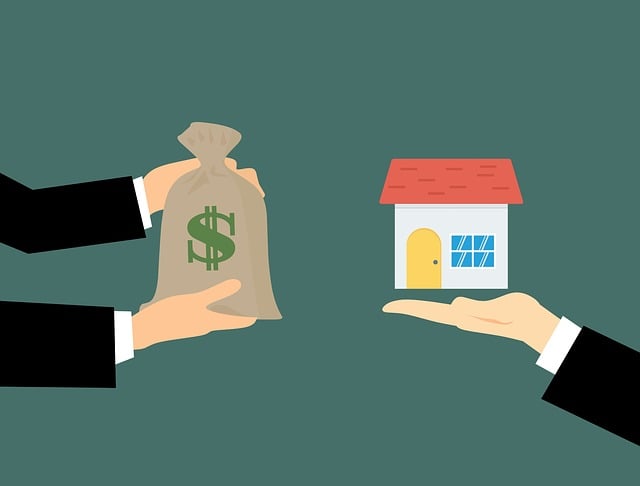
In recent years, Executive Condos (ECs) in Singapore have garnered significant attention from both investors and homeowners due to their affordability and desirability. The average price of ECs has been on an upward trajectory, reflecting the strong demand in this segment of the real estate market. This trend is poised to continue, underpinned by a healthy mix of first-time homeowners and upgraders attracted to the value proposition that ECs offer. With new projects consistently being launched, the future outlook for ECs is promising. Investors are particularly interested in these properties due to their potential for capital appreciation and the diverse locations where they are available, from mature estates to growth areas.
Looking ahead, the landscape for ECs in Singapore appears robust, with several factors contributing to their investment appeal. The government’s housing policies, which balance supply and demand, ensure a stable yet dynamic market for ECs. Additionally, the strategic locations of these condos, often close to major transportation hubs and amenities, enhance their desirability. As the population continues to grow and demographic shifts occur, the need for quality, affordable housing will remain high, keeping the average price of ECs in Singapore on an upward trend. Investors should consider how the evolving needs of residents and the ongoing development of infrastructure will influence the future performance of this niche segment within Singapore’s real estate market.
Singapore’s real estate landscape presents a dynamic backdrop where Executive Condos (ECs) have emerged as a compelling investment option, particularly for young professionals and investors eyeing the Average Price of ECs in Singapore. The evolution of policies surrounding ECs has been instrumental in shaping their current market standing, offering a unique blend of affordability and convenience that resonates with modern living demands. As historical data and current trends indicate, ECs have consistently demonstrated robust investment potential, especially in top-performing locations across the city-state. The live-work balance they provide is a significant draw, aligning with the lifestyle preferences of an increasingly mobile workforce.
For those considering an investment in this segment, understanding the nuances of financing options like the Fixed Rate Scheme (FIRS) becomes crucial. En Bloc sales further underscore the market’s fluidity and potential for growth, making ECs a noteworthy consideration in one’s property portfolio. As we look to the future, the outlook for ECs remains optimistic, with continued demand fueled by Singapore’s strategic positioning as a global business hub. Prospective investors would do well to take note of the Average Price of Ec in Singapore and how this figure is likely to influence market dynamics. Overall, the investment potential of ECs is poised to remain strong, offering both stability and growth opportunities within Singapore’s vibrant property sector.






